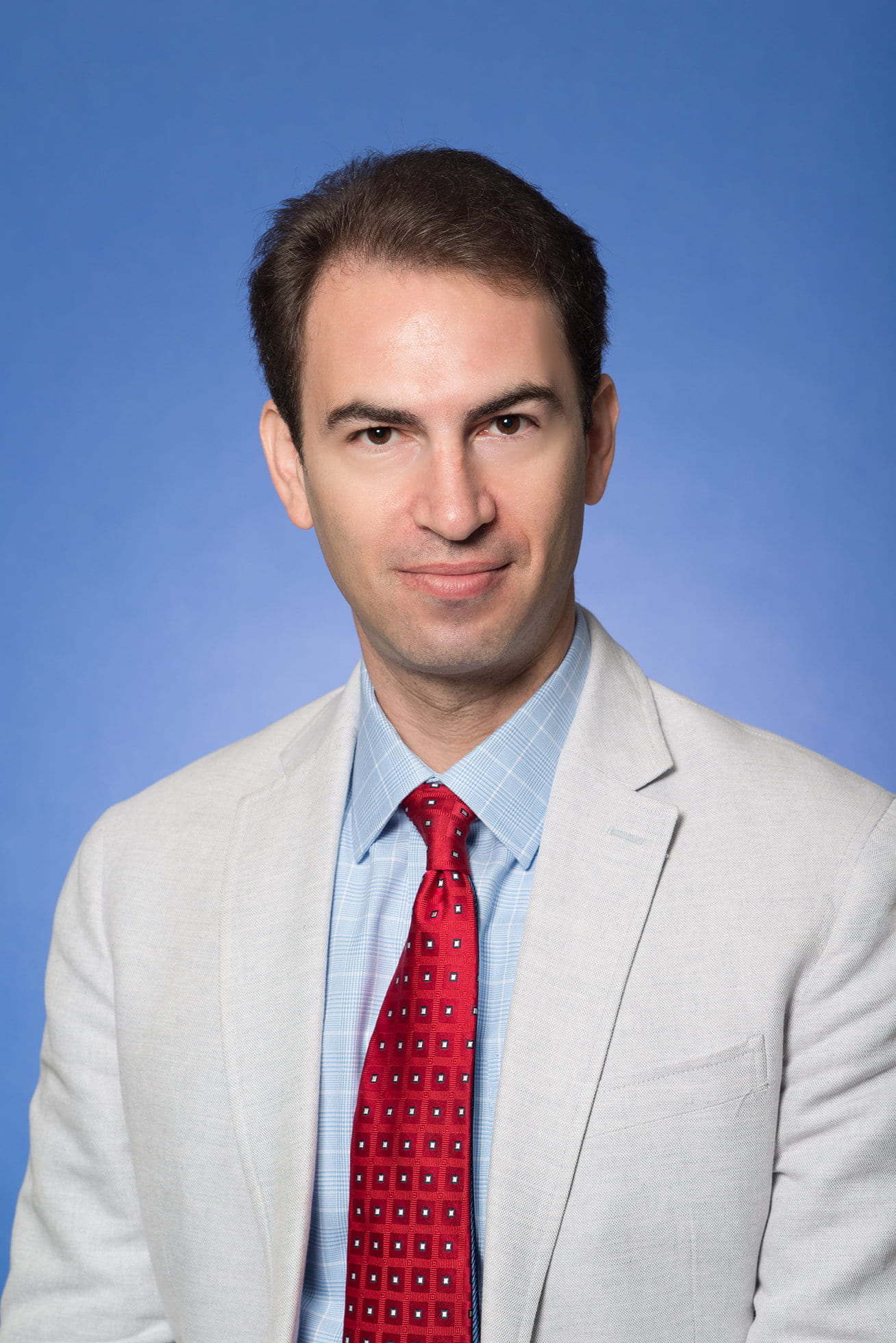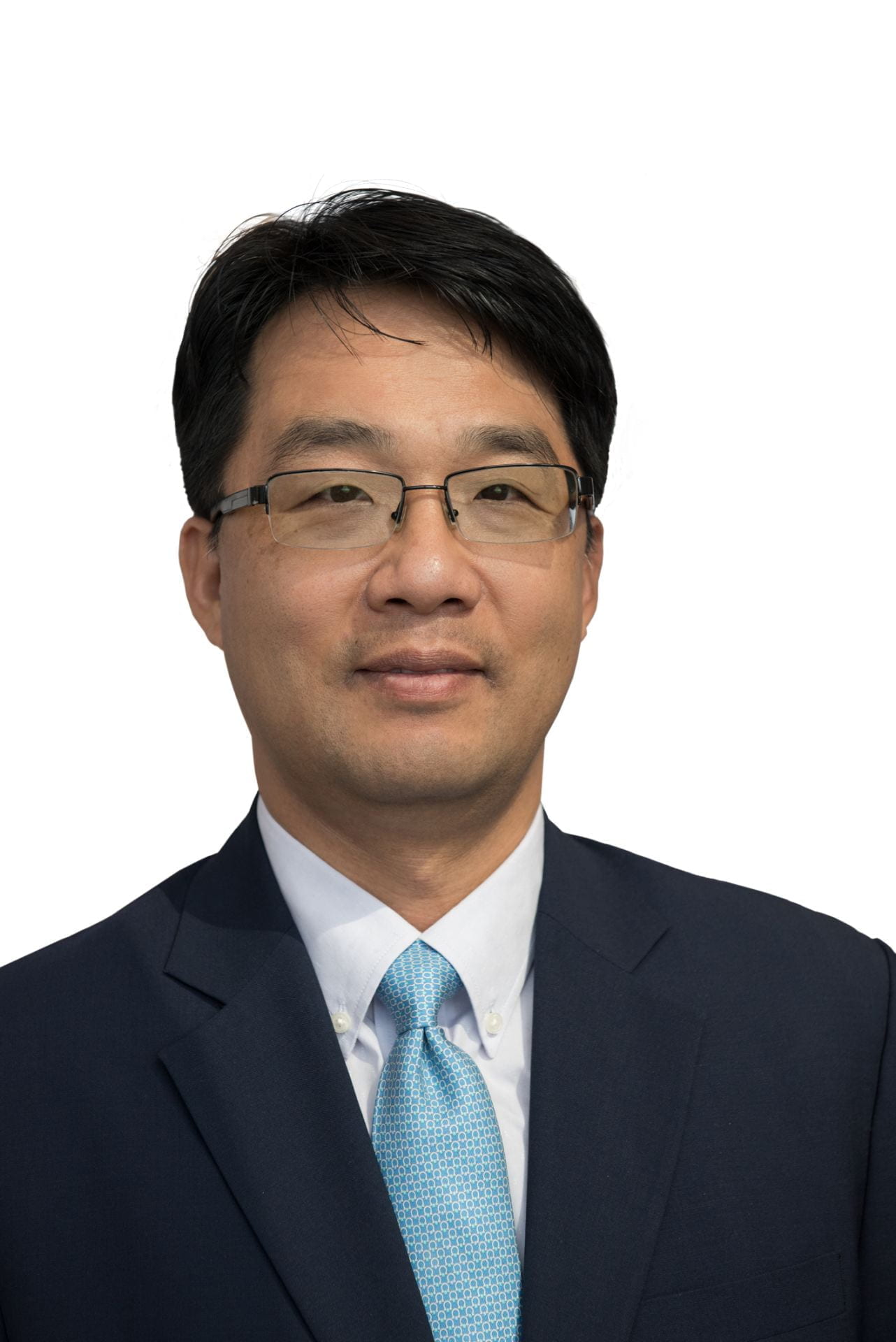Korea Policy Forum:
ROK-China Relations: Challenges and Opportunities in the Next 30 Years
Friday, October 28, 2022
9:00 AM – 10:30 AM EDT
Zoom Event
Event Description
This year marks the 30th anniversary of the establishment of diplomatic ties between South Korea and China. Over the past three decades, the two countries have made breakthroughs in ending Cold War hostilities and have developed their bilateral relationship into a growing strategic partnership with robust trade relations and people-to-people exchanges. However, these bilateral relations have also been severely damaged by the dispute over the deployment of the THAAD anti-missile system announced in 2016 and growing anti-China sentiment in South Korea. Amid the intensifying strategic rivalry between the United States and China, ROK-China relations will navigate uncharted waters in the next decades. Four leading experts from the U.S., South Korea, and China will be joining us to discuss their views of the challenges and opportunities for the ROK-China relations in the next 30 years. The GW Institute for Korean Studies and the East Asia National Resource Center invite you to join us for an engaging discussion on this important topic.
Speakers

Gregg A. Brazinsky is Professor of History and International Affairs and Deputy Director of the Institute for Korean Studies at GW. He also serves as Director of the Asian Studies Program at the Elliott School of International Affairs. His research seeks to understand the diverse and multifaceted interactions among East Asian states and between Asia and the United States. He is the author of Nation Building in South Korea: Koreans, Americans, and the Making of a Democracy (University of North Carolina Press, 2007) and Winning the Third World: Sino-American Rivalry during the Cold War (University of North Carolina Press, 2017). He served as Interim Director of the GW Institute for Korean Studies during the Spring 2017 semester. He received his Ph.D. from Cornell University.

Xiaohe Cheng is Professor at the School of International Studies, Renmin University of China and a Senior Researcher at the Pangoal Institute. He mainly focuses on China’s foreign relations in general and China’s relations with the United States, the two Koreas, Vietnam and Pakistan in particular. He is a frequent speaker on Chinese and international news media. Dr. Cheng worked for China Institutes of Contemporary International Relations and served as a Visiting Research Fellow at the Fairbank Center of Harvard University (1997-1998). He also taught China’s Politics and Foreign Policies at Dublin College University (2007) and China’s Foreign at the University of Michigan at Ann Arbor (2009). His recently published articles mainly cover China’s relations with the Korea Peninsula and the Indian subcontinent. Dr. Cheng did his undergraduate work in international politics at Fudan University, Shanghai, and earned his MA in international relations and Ph.D. in political science from Boston University.

Heung-Kyu Kim is the founder and Director of U.S.-China Policy Institute and Professor in the Department of Political Science and Diplomacy at Ajou University. He previously served six years as Professor at the Institute of Foreign Affairs and National Security (IFANS), MOFA. His past career experiences include serving as the Chairperson of the Reform Commission of the Ministry of Foreign Affairs, a board member of the Policy Advisory Commission in the Presidential National Security Council, and other governmental positions such as in the Ministries of Foreign Affairs, Unification, and National Defense, the Army, and the National Assembly. Dr. Kim has written more than 300 articles, books, and policy papers regarding Chinese politics and foreign policy, U.S.-China relations, and security issues in Northeast Asia. Dr. Kim’s publications include China and the U.S.-ROK Alliance: Promoting a Trilateral Dialogue (CFR, 2017), Enemy, Homager or Equal Partner?: Evolving Korea-China Relations (2012), and From a Buffer Zone to a Strategic Burden: Evolving Sino-North Korea Relations during Hu Jintao Era (2010). His book China’s Central- Local Relations and Decision-Making received an award for Excellency of the Year by the Ministry of Culture in 2008. He also received the NEAR Foundation Academic prize of the year in the area of foreign policy and security in 2014. Dr. Kim received his BA and MA in international relations from Seoul National University and Ph.D. in Political Science from the University of Michigan.

Patricia M. Kim is a David M. Rubenstein Fellow at the Brookings Institution and holds a joint appointment to the John L. Thornton China Center and the Center for East Asia Policy Studies. She is a leading expert on Chinese foreign policy, U.S.-China relations, and regional security dynamics in East Asia. Previously, Dr. Kim served as a China specialist at the U.S. Institute of Peace, where she focused on China’s impact on conflict dynamics around the world. She was also a Stanton Nuclear Security Fellow at the Council on Foreign Relations, International Security Research Fellow at the Harvard Kennedy School of Government’s Belfer Center for Science and International Affairs, and a postdoctoral fellow at the Princeton-Harvard China and the World Program at Princeton University. Dr. Kim’s writing and research has been featured widely in outlets such as Foreign Affairs, Foreign Policy, The New York Times, and The Washington Post. She frequently briefs U.S. government officials in her areas of expertise and has testified before the House Intelligence Committee and the House Foreign Affairs Subcommittee on Terrorism, Nonproliferation, and Trade. Dr. Kim received her doctoral degree from the Department of Politics at Princeton University and her bachelor’s degree with highest distinction in political science and Asian studies from the University of California, Berkeley. She is fluent in Mandarin Chinese and Korean, and proficient in Japanese.
Moderator

Yonho Kim is an Associate Research Professor of Practice and the Associate Director of GW Institute for Korean Studies. He specializes in North Korea’s mobile telecommunications and U.S. policy towards North Korea. Kim is the author of North Korean Phone Money: Airtime Transfers as a Precursor to Mobile Payment System (2020), North Korea’s Mobile Telecommunications and Private Transportation Services in the Kim Jong-un Era (2019) and Cell Phones in North Korea: Has North Korea Entered the Telecommunications Revolution? (2014). His research findings were covered by various media outlets, including Wall Street Journal, The Atlantic, Yonhap News, and Libération. Prior to joining GWIKS, he extensively interacted with the Washington policy circle on the Korean peninsula as Senior Researcher of the U.S.-Korea Institute at Johns Hopkins University School of Advanced International Studies, Senior Reporter for Voice of America’s Korean Service, and Assistant Director of the Atlantic Council’s Program on Korea in Transition. He holds a B.A. and M.A. in International Relations from Seoul National University, and an M.A. in International Relations and International Economics from Johns Hopkins University School of Advanced International Studies.

